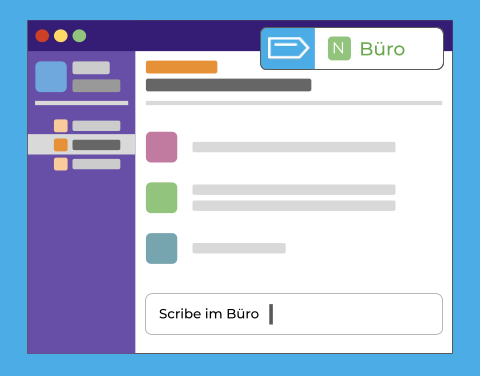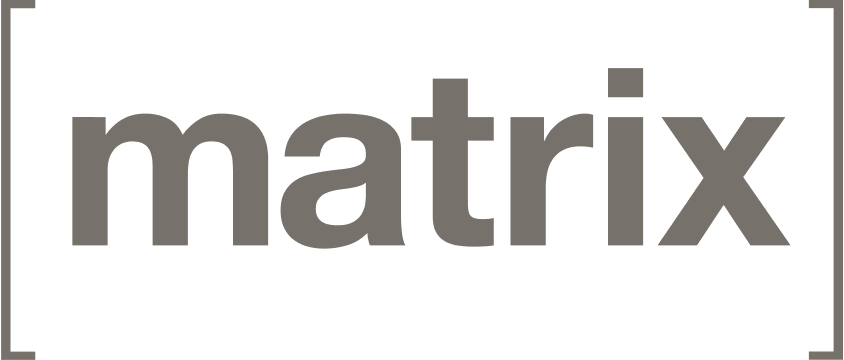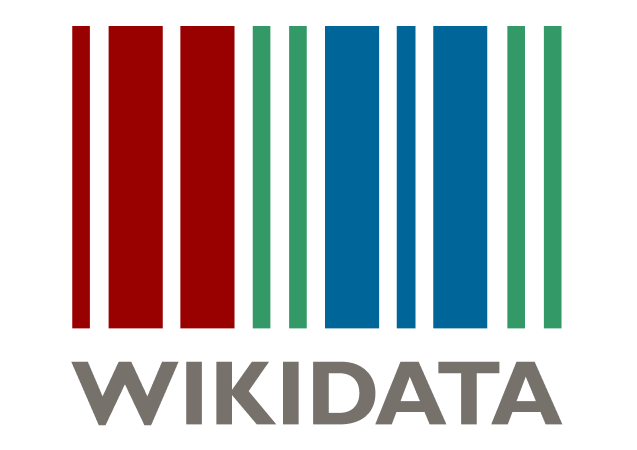Planned port of Scribe-iOS: see Issues
Scribe-Desktop is a language learning interface for Windows, Mac and Linux operating systems. The Scribe GUI provides needed information as the user types and serves as a field for input commands. Features include translation (beta), verb conjugation and word annotation that give users the tools needed to communicate with confidence.
Scribe is fully open-source and does not collect usage data or ask for system access. Feature data is sourced from Wikidata and stored in-app, meaning Scribe is a highly responsive experience that does not require an internet connection.
Note
The contributing section has information for those interested, with the articles and presentations in featured by also being good resources for learning more about Scribe.
Also available on iOS, Android (WIP) and for the data processes see Scribe-Data.
Check out Scribe's architecture diagrams for an overview of the organization including our applications, services and processes. It depicts the projects that Scribe is developing as well as the relationships between them and the external systems with which they interact.s
Preview ⇧
The following is a mockup of the planned interface:
Contributing ⇧
Scribe uses Matrix for communications. You're more than welcome to join us in our public chat rooms to share ideas, ask questions or just say hi :)
Please see the contribution guidelines if you are interested in contributing to Scribe-Desktop. Work that is in progress or could be implemented is tracked in the issues and projects.
Note
Just because an issue is assigned on GitHub doesn't mean that the team isn't interested in your contribution! Feel free to write in the issues and we can potentially reassign it to you.
Those interested can further check the -next release- and -priority- labels in the issues for those that are most important, as well as those marked good first issue that are tailored for first time contributors.
Ways to Help ⇧
- Reporting bugs as they're found 🐞
- Working on new features ✨
- Localization for the app and App Store via our Weblate project 🌐
- Documentation for onboarding and project cohesion 📝
- Adding language data to Scribe-Data via Wikidata! 🗃️
Road Map ⇧
The Scribe road map can be followed in the organization's project board where we list the most important issues along with their priority, status and an indication of which sub projects they're included in (if applicable).
Note
Consider joining our bi-weekly developer syncs!
Designs ⇧
The designs for Scribe are made using Figma. Those with interest in contributing can open a design issue to make suggestions! Design related issues are marked with the design label.
Data Edits ⇧
Note
Please see the Wikidata and Scribe Guide for an overview of Wikidata and how Scribe uses it.
Scribe does not accept direct edits to the grammar JSON files as they are sourced from Wikidata. Edits can be discussed and the queries themselves will be changed and ran before an update. If there is a problem with one of the files, then the fix should be made on Wikidata and not on Scribe. Feel free to let us know that edits have been made by opening a data issue or contacting us in the issues for Scribe-Data and we'll be happy to integrate them!
Environment Setup ⇧
Those new to coding or wanting to develop their skills are more than welcome to contribute! The general steps to setting up a development environment are:
- First and foremost, please see the suggested IDE setup in the dropdown below to make sure that your editor is ready for development.
Important
Suggested IDE setup
VS Code
Install the following extensions:
- Fork the Scribe-Desktop repo, clone your fork, and configure the remotes:
Note
Consider using SSH
Alternatively to using HTTPS as in the instructions below, consider SSH to interact with GitHub from the terminal. SSH allows you to connect without a user-pass authentication flow.
To run git commands with SSH, remember then to substitute the HTTPS URL, https://github.com/..., with the SSH one, [email protected]:....
- e.g. Cloning now becomes
git clone [email protected]:<your-username>/Scribe-Desktop.git
GitHub also has their documentation on how to Generate a new SSH key 🔑
# Clone your fork of the repo into the current directory.
git clone https://github.com/<your-username>/Scribe-Desktop.git
# Navigate to the newly cloned directory.
cd Scribe-Desktop
# Assign the original repo to a remote called "upstream".
git remote add upstream https://github.com/scribe-org/Scribe-Desktop.git- Now, if you run
git remote -vyou should see two remote repositories named:origin(forked repository)upstream(Scribe-Desktop repository)
- Install Rust and Cargo:
- For Linux and macOS:
Run the following command in your terminal:
curl --proto '=https' --tlsv1.2 -sSf https://sh.rustup.rs | shFollow the on-screen instructions to complete the installation. You can find more details in the official Rust documentation.
- For Windows:
Download and run rustup-init.exe. Follow the instructions in the installer. For more details, visit the Rust Windows installation guide.
After installation, you may need to restart your terminal for the changes to take effect. Verify the installation by running:
rustc --version
cargo --version- (Suggested) Install pre-commit and its hooks to check for and correct common errors in commits:
pip install pre-commit
pre-commit install
# pre-commit run --all-files- Run the following to spin up a local copy of the Scribe-Desktop GUI:
cd scribe
cargo build
cargo run --bin scribe- You may need to give your terminal or IDE permission for your keyboard strokes to be read
- You may also need to restart the application and then run
cargo run --bin scribeagain
- You may also need to restart the application and then run
Note
Feel free to contact the team in the Desktop room on Matrix if you're having problems getting your environment setup!
Featured By ⇧
Articles and Presentations on Scribe
2024
- October: Blog post on Medium discussing the Scribe-Data development process, community and features
- October: Blog post on medium describing the main features of Scribe-Data
- September: Final Google Summer of Code report on the creation of the Scribe-Data CLI
- August: Final Google Summer of Code report on the creation of Scribe's cross-language translation functionality
- July: Blog post on Medium about the progress on creating the Scribe-Data CLI
- July: Blog post on Hashnode providing an midterm report on the localization and translation expansion for Scribe-iOS
- July: Blog post on Hashnode about the initial steps towards the localization of Scribe-iOS
- June: Blog post on Medium about the planned Scribe-Data CLI
- April: Blog post on Medium about Scribe-Data and its functionalities
- February: Presentation slides for Scribe's participation at the Wikimedia Tech Safari Program
2023
- August: Scribe-iOS final submission report for Google Summer of Code 2023
- June: Scribe-iOS development blog post on Nested UITableViews & Apple's built-in ViewControllers in app menu for GSoC '23
- March: Presentation slides for a talk at Berlin Hack and Tell (Hack of the month winner 🏆)
2022
- August: Presentation slides for a session at the 2022 Wikimania Hackathon
- July: Presentation slides for a talk at CocoaHeads Berlin
- July: Video on Scribe for Wikimedia Celtic Knot 2022
- June: Presentation slides for a talk with the LD4 Wikidata Affinity Group
- June: Scribe featured for new developers on MediaWiki
- May: Presentation slides for Wikimedia Hackathon 2022
- March: Blog post on Scribe-iOS for Wikimedia Tech News (DE / Tweet)
- March: Presentation slides for Wikidata Data Reuse Days 2022
Powered By ⇧
Many thanks to all the Scribe-Desktop contributors! 🚀

















